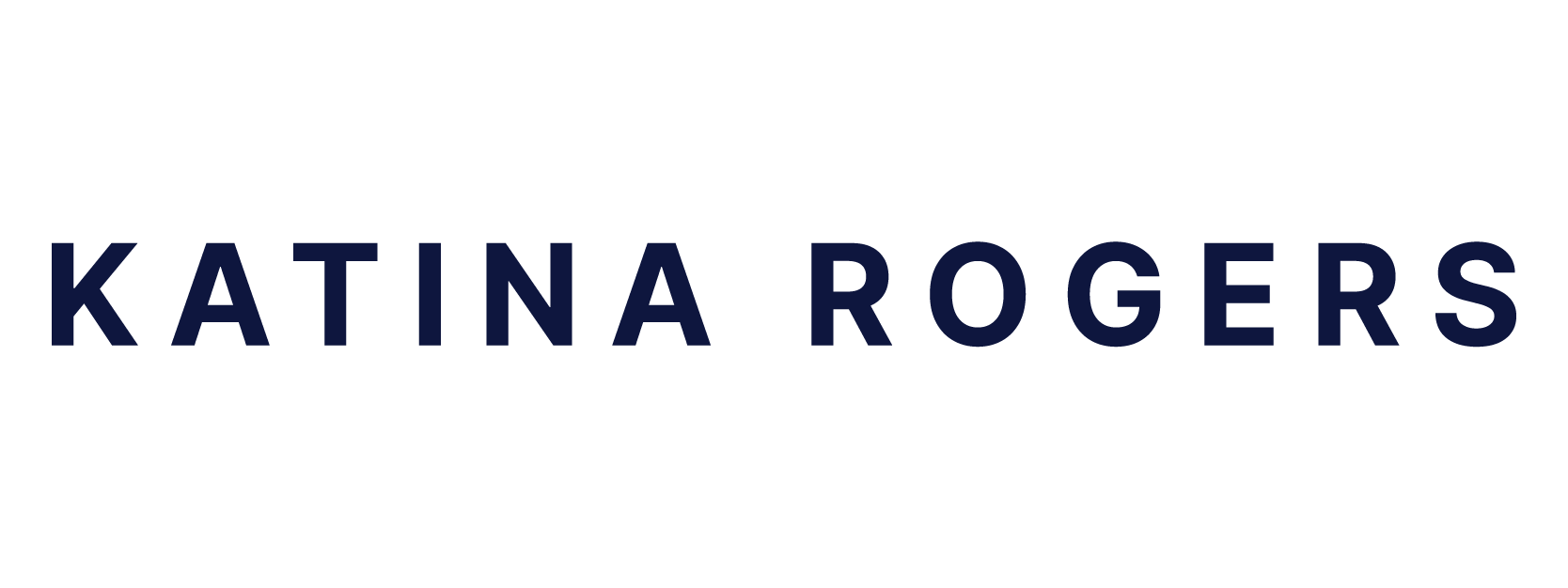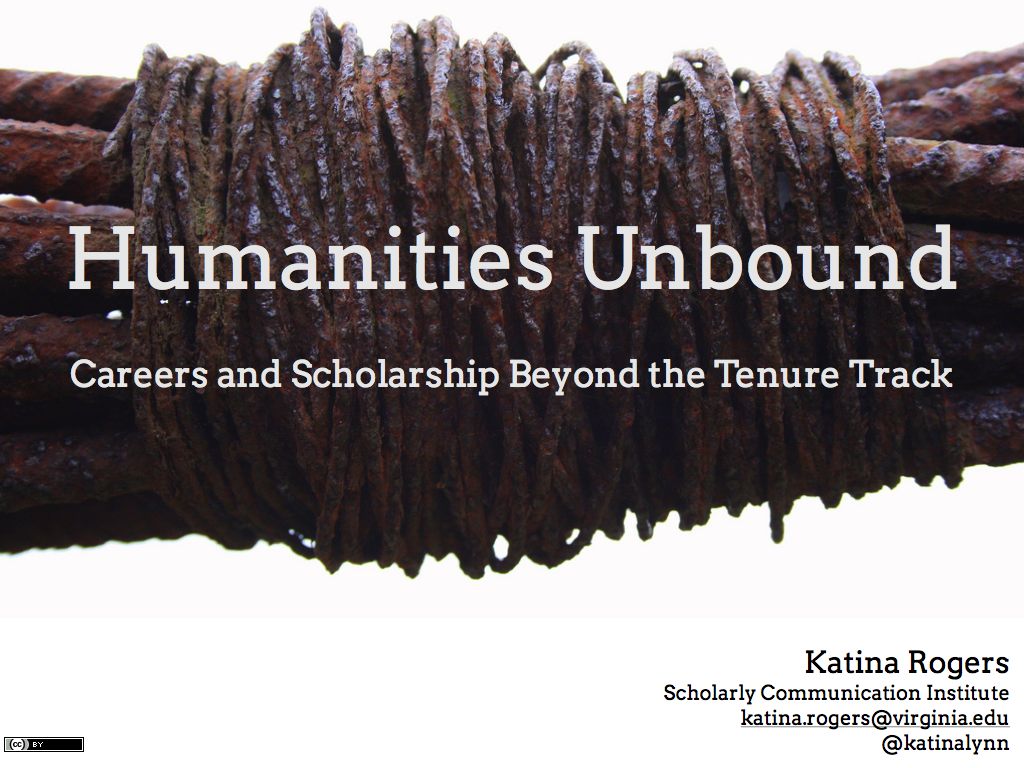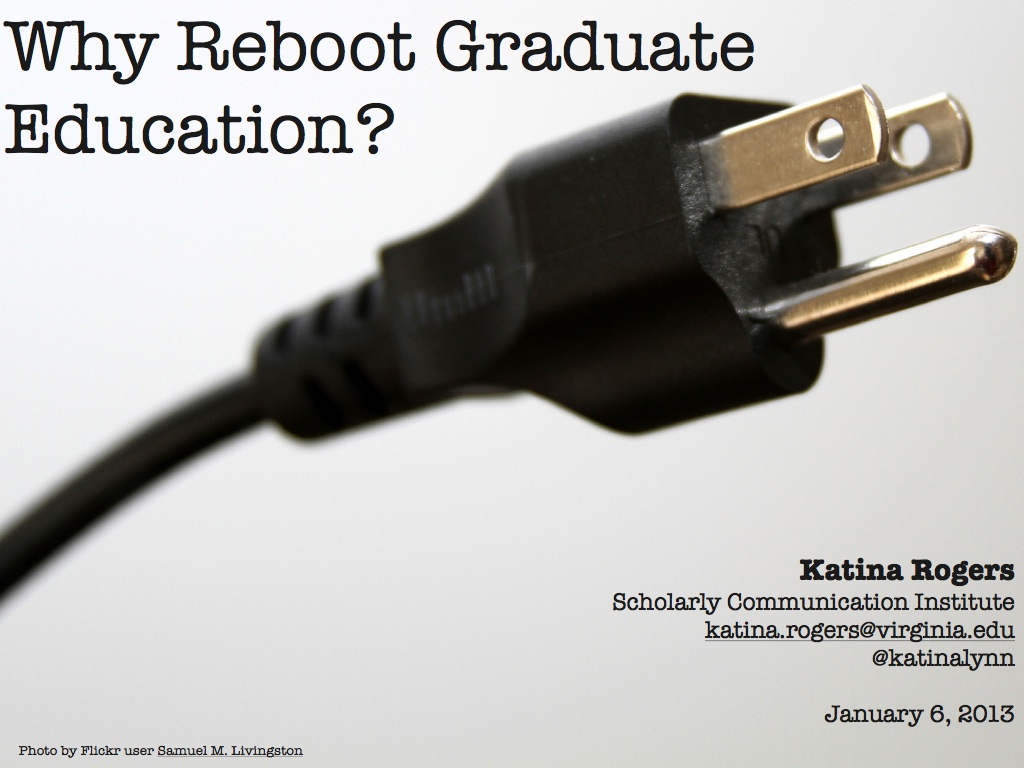Faculty working conditions are student learning conditions. This is perhaps the most important refrain of the adjunct activism movement, and the one that is most likely to lead to change. If the primary goal of colleges and universities is to educate students, then the ways that labor conditions affect student outcomes should be of central importance.
In addition to teaching, another major facet of universities is affected by the increasing reliance on contingent labor: Research. In the humanities, the impact of precarity on research hinges mainly on the absence of time and support for research and writing, but in the sciences the impact on research is more direct. While most contingent positions on the humanities are teaching-focused, postdocs in the sciences are generally research-driven. Much like adjunct lecturer appointments in the humanities, short-term postdoctoral positions are on the rise in the sciences, and the effects on research output are becoming more and more visible.
As Brenda Iasevoli reports in NPREd, the increasing reliance on postdocs for lab research—and the decreasing support that those postdocs receive—is directly affecting the quality of research. In the article, Gary McDowell (who holds a PhD in biology) notes that there are a rising number of article retractions, a shift he attributes to researchers altering data in the face of the increasing pressure of the academic job market. The UK bioethics report he uses to support his claim also suggests that senior scientists may not have enough time to devote to training junior researchers in best practices. (Echoing this claim, a recent joint report from the National Academy of Sciences, National Academy of Engineering, and Institute of Medicine argues both for better pay and stronger mentorship of postdocs, according to this Boston Globe article.) If both research integrity and teaching outcomes are being compromised by poor labor conditions, then everyone with any stake in higher education should be working to solve the problem.
There is some movement on that front. National Adjunct Walkout Day marked an important moment in the effort to raise awareness about faculty labor conditions. One thing that makes activism around contingent labor issues so difficult is that there are so many valences of contingency, some of which are more problematic than others. A postdoc can be a career turning point—my 18-month stint at SCI and the Scholars’ Lab was transformative. But the experience wasn’t positive by accident; it required careful structuring, mentorship, and opportunities for me to have ownership of certain projects. All of that takes time and energy on the part of staff and faculty. Similarly, well-structured graduate teaching positions are invaluable opportunities to learn effective pedagogical approaches *before* deciding whether one wants to seek a faculty career. There are elements of short-term, contractual positions that are essential opportunities for growth. The problem (well, one problem) is that these good examples are becoming eclipsed by exploitative short-term or part-time positions, and are sometimes lumped in with them in unhelpful ways.
It’s not easy to untangle these threads. CUNY has reduced the teaching load of most doctoral students to one course per semester, which is wonderful. But CUNY also relies heavily on adjuncts who earn an average of $3,275 (as reported by CUNY Adjunct Project based on data from Professional Staff Congress, the union for CUNY faculty and staff). I don’t know what the numbers look like for postdocs and grant-funded researchers, but I hope to learn more as part of our research efforts at the Futures Initiative. For advocacy efforts to be most effective, we need to have a much better understanding of the full picture of contingent labor across academic structures to that we can target our efforts toward the most problematic elements while strengthening the positions that provide genuine professional development. Both teaching and research stand to benefit from the effort.



